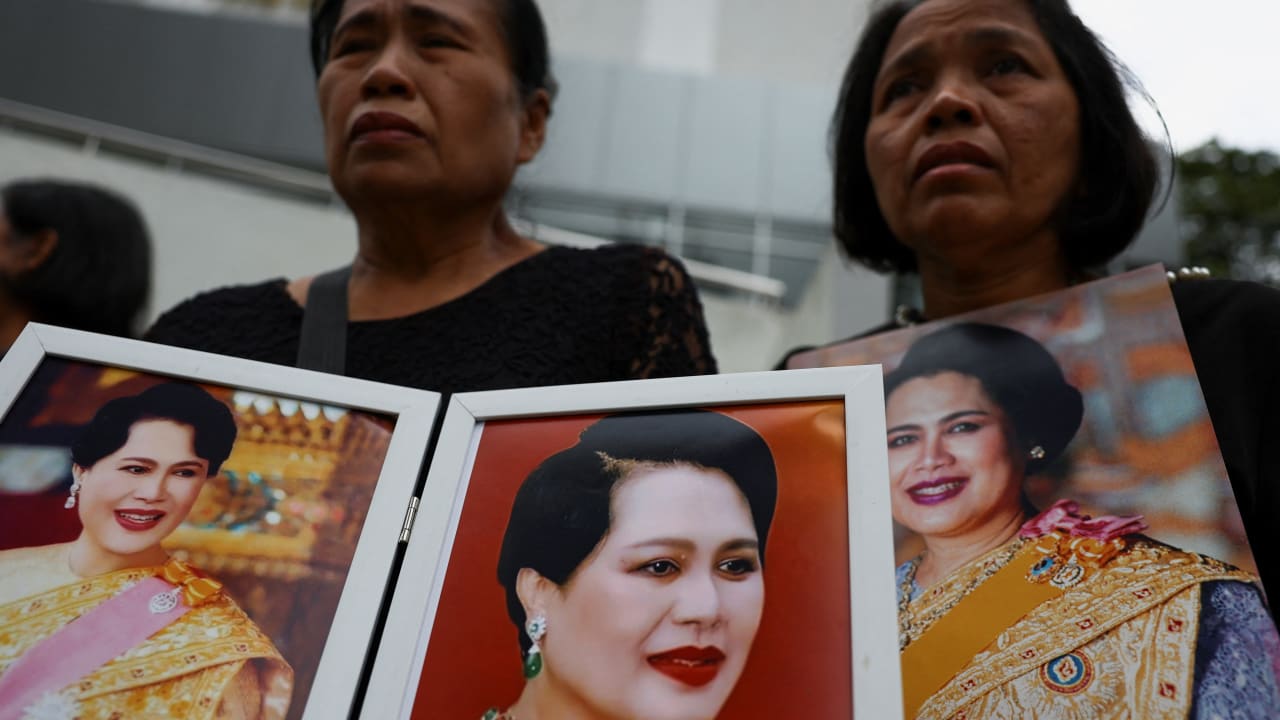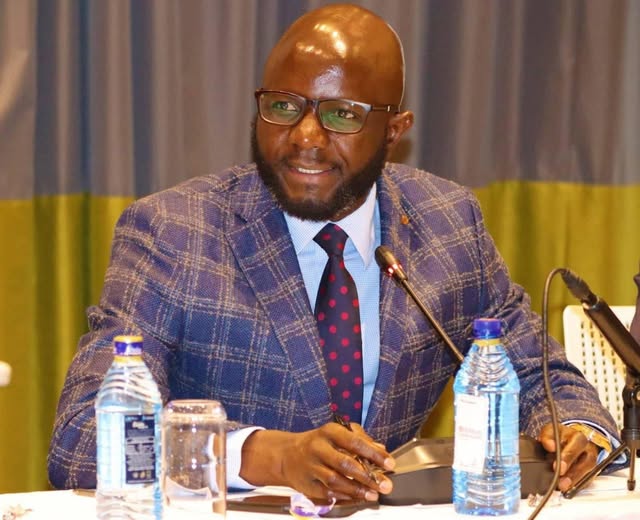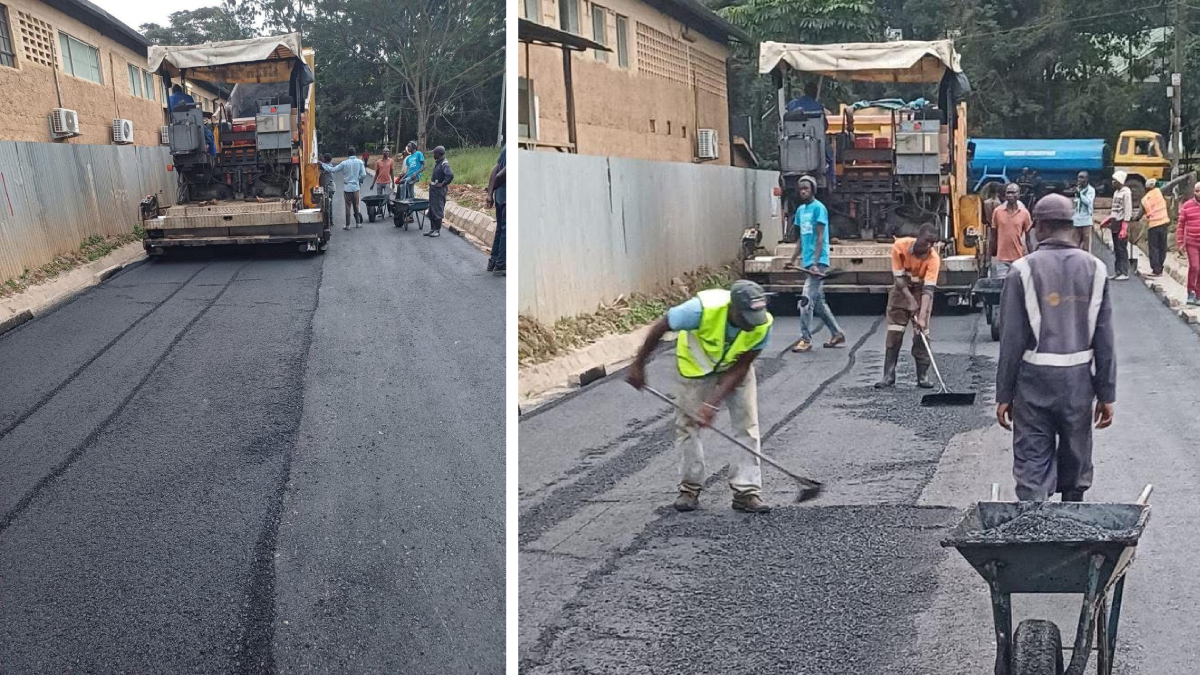Kenya on Tuesday, February 4 joined the international community in commemorating World Cancer Day.
This year, World Cancer Day is themed “United by Unique”, which is a reminder that every cancer journey matters, and that collective action is key to ensuring compassionate, equitable care for all.
TV47 marked the day by organising an eye-opening discussion centred around the ‘Burden of Cancer in Kenya’, at the University of Nairobi’s Chandaria Auditorium.
During this discussion, dubbed #KikaoTV47, it was clear that one of the challenges the country is facing in as far as ending cancer is concerned is misdiagnosis.
Three years for cancer to be detected
For Paul Ng’ang’a, a cancer patient who is currently undergoing treatment, it took a whooping three years for his cancer to be detected.
“At first, I started noticing Hemorrhoids, but I did not know they will come with cancer. I went to Kiambu Level 5 for treatment. After surgery that is when my doctor sent me to Aga Khan Hospital, they said I have cancer symptoms. I was referred to KNH for treatment. But at KNH, they did some physical examinations and told me they don’t see any problem,” Ng’ang’a recounts.
At this point, Ng’ang’a was sent home and told that he should return to Kenyatta National Hospital (KNH) whenever he feels pain. For three years, Ng’ang’a experienced excruciating pain, but opted to use pain killers as treatment.
“I went to KNH, they told me to go to Mama Lucy Hospital, I did an operation and told me they have found what they were not expecting. They told me to bring all documents of previous treatment. That is when I was sent to oncology at KNH.”
‘They told me it was UTI’
Another patient, Jackline, was at pains narrating her story, and how she was taken in cycles, trying to find out what was ailing her. All these while, doctors were diagnosing her for a urinary tract infection (UTI).
“Sikujua nina cancer, nilikuwa na infections zinanisumbua sana. Kuenda hospitali kila mara wananiambia ni UTI. Nikaenda kwa hospitali nyingi sana wananiambia ni infections, wananipa madawa nameza lakini sioni mabadiliko. Nikaamua niende Mbagathi nifanye tests zote. Nikafanya tests za mkojo, pap smear alafu daktari akanipa madawa na akaniambia nirudi nyumbani.
“Niliporudi baadaye baada ya kupata maumivu tena, daktari mwingine akaniuliza mbona nimechukua mda mrefu kurudi. Kumbe ilistahili nirudi baada ya wiki sita na mimi sikuwa na habari. Kwangu kufanya MRI ilikuwa challenge because KSh37,000 ni pesa nyingi ambazo sina. It took time before I returned the MRI tests. After that I was told to do a CT Scan, and that is when it was clear I have cancer.”
Another challenge that emerged is the burden of managing and treating cancer. According to Dr Sultani Matendechero, Deputy Director-General for Health, Ministry of Health, cancer is one of the biggest public health problems in Kenya.
Cost of treating/managing cancer
“The cost of treating cancer is unaffordable to most people. We want to prevent a situation where people are using a lot of money to manage/treat cancer. We are rolling out policies to ensure that we focus on screening, so that we detect the cancer early, and then manage easily,” he said.
Some of the policies the government has put in place to be able to guide the management of cancer in the country include; National Cancer Treatment protocols 2019; National Cancer Screening Guidelines 2024; and National Cancer Control Strategy 2023-2027; National Cancer Policy.
But as Prof Saleh Mansoor — the Chair, Department of Hematology and Oncology at the Aga Khan University Hospital — posited, the government can come up with very good policies to help manage cancer, but if the treatment is very expensive, then the policy is as good as useless.
“One in 30 women develop breast cancer, 1 in 35 women will develop cervical cancer, and 1 in 10 women will die from Cancer. The most common cancer in Kenya is breast cancer, and the only way to detect it early is mammography. So the gov’t policy should allow mammography to be cheaper so that we can detect it early, then start treatment to cure the disease.”
‘Research is key’
Anne Korir, a Senior Research Scientist at KEMRI, highlighted the crucial part of research when it comes to cancer control. “We need to come up with interventions to control these malignancies. KEMRI, for the longest time, was more focused on infectious diseases. Of course we do research on non-communicable diseases, cancer included.”
Korir added: “Breast cancer and cervical cancer are the two cancers that are killing our women. The problem is we are diagnosing these women at a late stage. When you diagnose cancer at stage 3, 4, it means there will be a poor outcome. The question should be, why are they diagnosed late?”
Dr Oyiro P. Omondi — a lecturer at the Department of Internal Medicine, University of Nairobi — underscored the need to bring cancer screening services closer to the people.
“If you bring screening services to Kenyatta National Hospital, it should be there, but it is self-defeatist if these services are not at the health centres. How do we expect somebody to leave his rural village in Siaya, Murang’a or Kiambu to come for cervical cancer screening at KNH?”
To Dr Oyiro, misdiagnosis and public cancer awareness are key issues that need to be addressed if the country is to win the fight against cancer.
“If you have constipation, there is these common treatment which is H-pylori. Very many people who eventually get a diagnosis of cancer, a big percentage have been treated for H-pylori. The way the population understands H-pylori treatment, I wish they could get the same message about cancer screening.”











